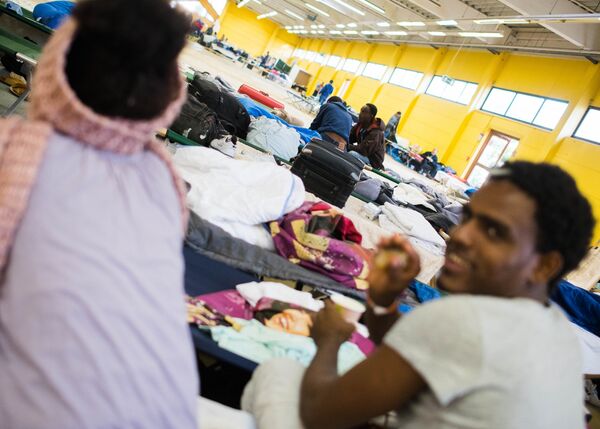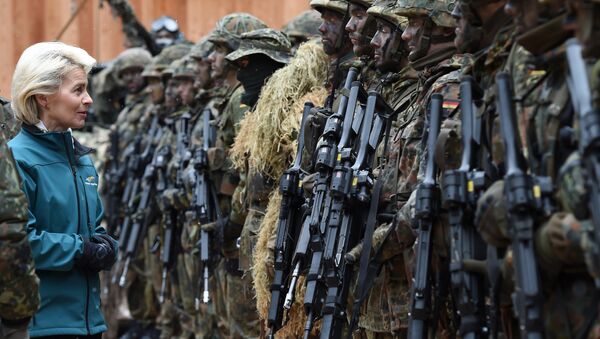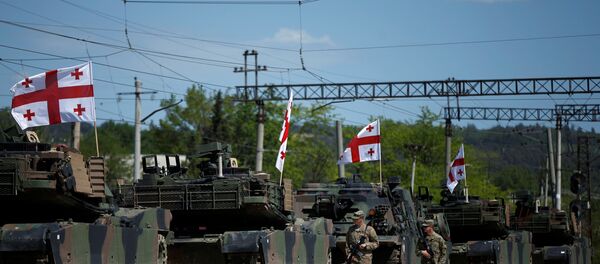"Germany has always danced to NATO's tune. It essentially serves as the bloc's main testing ground," he observed.
US and NATO officials have long expressed their displeasure with Germany and other countries that have fallen short on military spending. In fact, only five alliance members allocate more than 2 percent of their GDP on defense: the US, Greece, Poland, Estonia and the UK.
President Barack Obama raised the issue during his latest visit to Germany in April, accusing Europe of being "complacent about its own defense."

"Washington thinks that 'crafty' Germany has gotten too comfortable," Baranets noted. "One look at the map will suffice to see that Berlin has surrounded itself with reliable allies" and decided that "it does not need to invest in defense spending too much."
Germany's approach could not have but angered the US since Washington wants Berlin to play a greater role in the bloc and its standoff with Russia, the analyst added. Berlin's stance on NATO's military intervention into Libya has also contributed to the discontent.

Baranets maintains that the unprecedented refugee crisis could have also played a role in Germany's major policy shift on defense.
"The country's law enforcement agencies have increasingly failed to manage the influx of refugees. The US could have possibly urged Germany to invest in its armed forces" to be able to deal with the influx, but spin the issue as a response to the non-existent "threat" from Russia as an excuse, he noted.
Alexey Pushkov, chairman of the State Duma's Foreign Affairs Committee, observed that there was no need for Germany to "go overboard," since "Russia does not pose a threat to anyone." The North Atlantic Alliance is "expanding towards our borders, not the other way round," he tweeted.
Главе Минобороны ФРГ можно посоветовать не впадать в раж: Россия никому не угрожает. Это НАТО приближается к нашим границам, а не наоборот.
— Алексей Пушков (@Alexey_Pushkov) 10 мая 2016 г.
Germany's defense spending is expected to be increased to 39.2 billion euros by 2020. Berlin also plans to become more engaged in international security operations.





